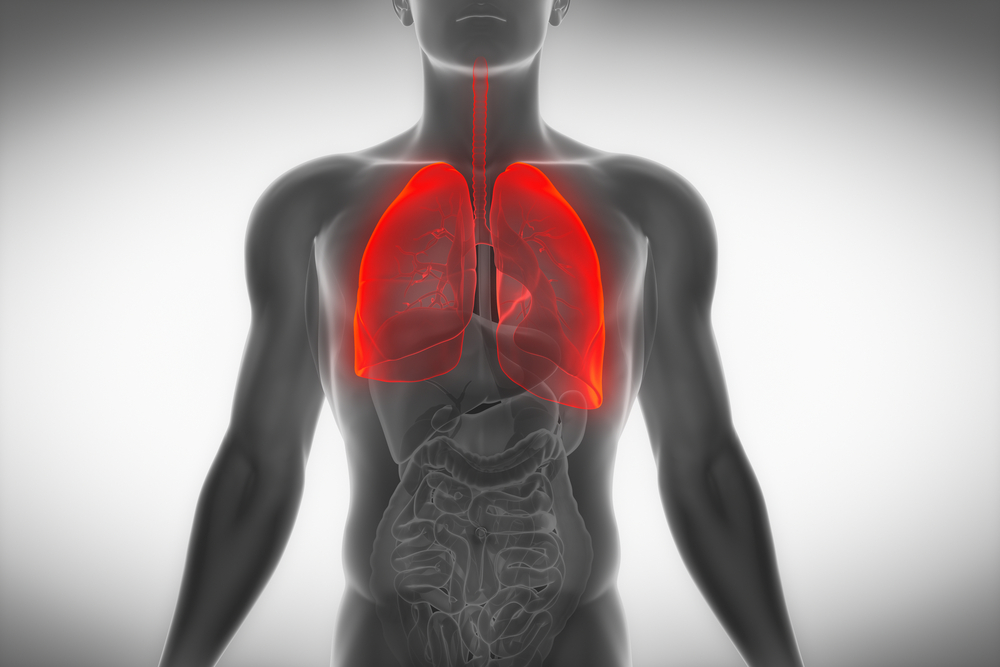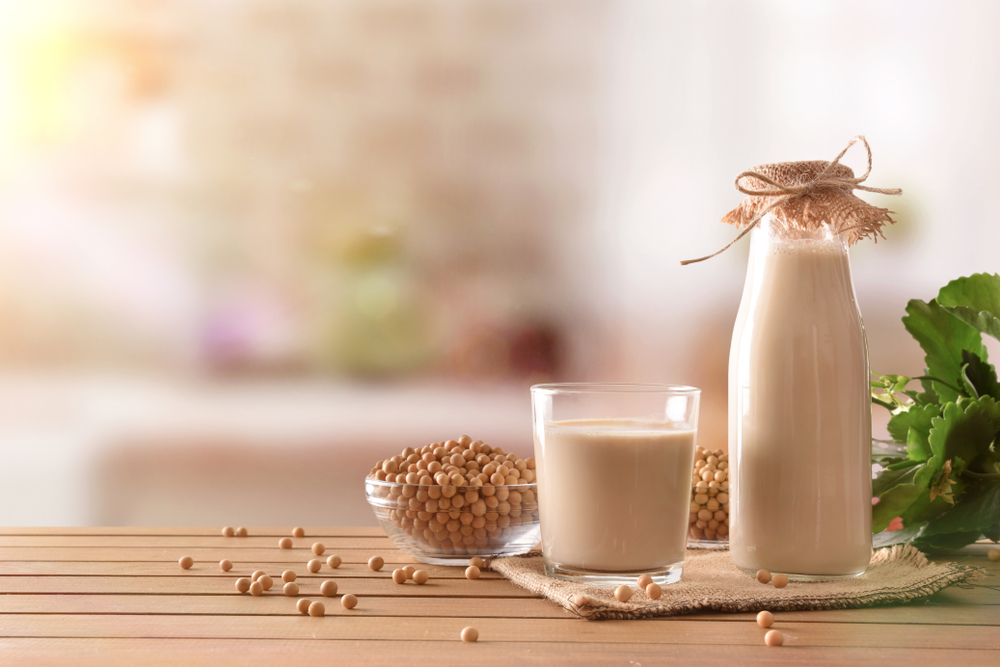Probiotics can alleviate symptoms of acute respiratory tract infections.

Probiotics have long been credited for providing plenty of health benefits. Indeed, there is very little that goes on within the body that isn’t affected in some positive way by probiotics, otherwise termed the beneficial bacteria that reside in our gut.
However, a recent randomised, double-blind, placebo-controlled, prospective, multicentre study[1] looking specifically at the COVID-19 virus, found that use of probiotics alleviated acute and post-disease symptoms. The probiotics also uprated the body’s antigen response, hopefully making re-infection less likely.
The trial was carried out on a total of 117 asymptomatic patients aged 18-65 years, without risk of severe disease and all showing a positive COVID-19 antigen test. Various probiotic strains of Lactobacillus and Bifidobacterium were used at a relatively low level of 5 billion CFU daily in capsule form. The COVID-19 group also reported less anxiety and fatigue, following the infection, both common post viral symptoms.
Research on probiotics is constantly evolving as more and more health benefits are discovered, especially when used in supplement form. However, probiotics are found in many different foods including natural yoghurt and fermented foods such as miso, tempeh, natto, kombucha, kefir and sauerkraut.
New study finds Omega-3 fats help muscle recovery after exercise.

Exercise-induced muscle damage (EIMD) is common and normal after various types of exercise. Indeed, it’s the process of breaking down and repair that helps build muscle and makes them stronger.
Researchers[2] from Baylor University in the US, used both eicosapentaenoic (EPA) and docosahexaenoic (DHA) fatty acids in the trial and were hoping to establish which one had the most beneficial effects. Quicker muscle recovery, less soreness and loss of muscle function are important to mitigate in various sporting and military contexts.
However, whilst benefits to muscle recovery were observed, which is positive, the scientists were unable to establish which of the Omega 3 fatty acids had the most effect. They did conclude that EPA may have more benefits in sports such as track, swimming and recreation sports, and DHA would have benefits in those sports with potential for head trauma such as rugby and football. This is because DHA is naturally richer in the brain.
The 30 male participants were given 4 grams of either combined DHA and EPA, just EPA or DHA or a placebo containing coconut oil. Positive effects were noted on key inflammatory markers (except in the placebo) group, and longer trials, perhaps using different exercise techniques, might be advisable for future trials.
Long chain fatty acids provide many health benefits, mainly due to their ability to manage natural inflammatory response.
Soy consumption reduces risk of cardiovascular disease and Type 2 diabetes.

Soy produce is naturally high in isoflavones, beneficial polyunsaturated fats and protein: all great benefits specifically for women going through the menopause years. However, these health benefits would also suit the wider population.
In a recent review[3] and meta-analysis of 29 studies, published in Nutrients, involving around 1.6 million participants, researchers found a positive correlation in cases of cardiovascular disease and type 2 diabetes. The review looked at studies using both men and women providing similar results. However, it was noted that soy produce did not have any effect on male testosterone or oestrogen levels.
The most beneficial foods seemed to be tofu and natto with much less benefit attributed to miso and soy milk.
This research may help instigate further such reviews, analyses and trials which could have wider benefits to the entire population. However, women become much more at risk of cardiovascular events and type 2 diabetes during and post menopause.
[1] Pavlo O Kolesnyk et al. The role of nutritional support with probiotics in outpatients with symptomatic acute respiratory tract infections: a multicenter, randomised, double-blind, placebo-controlled dietary study. BMC Nutr. 2024 Jan 4, 10(1):4
[2] Jeffery L Heileson et al. Long-chain omega-3 fatty acid supplementation and exercise-induced muscle damage: EPA or DHA? Medicine & Science in Sports & Exercise.
[3] Xinrong Zuo et al. Soy consumption and the risk of type 2 diabetes and cardiovascular diseases: A systematic review and meta-analysis. Nutrients 2023 Mar, 15(6):1358



























Add comment